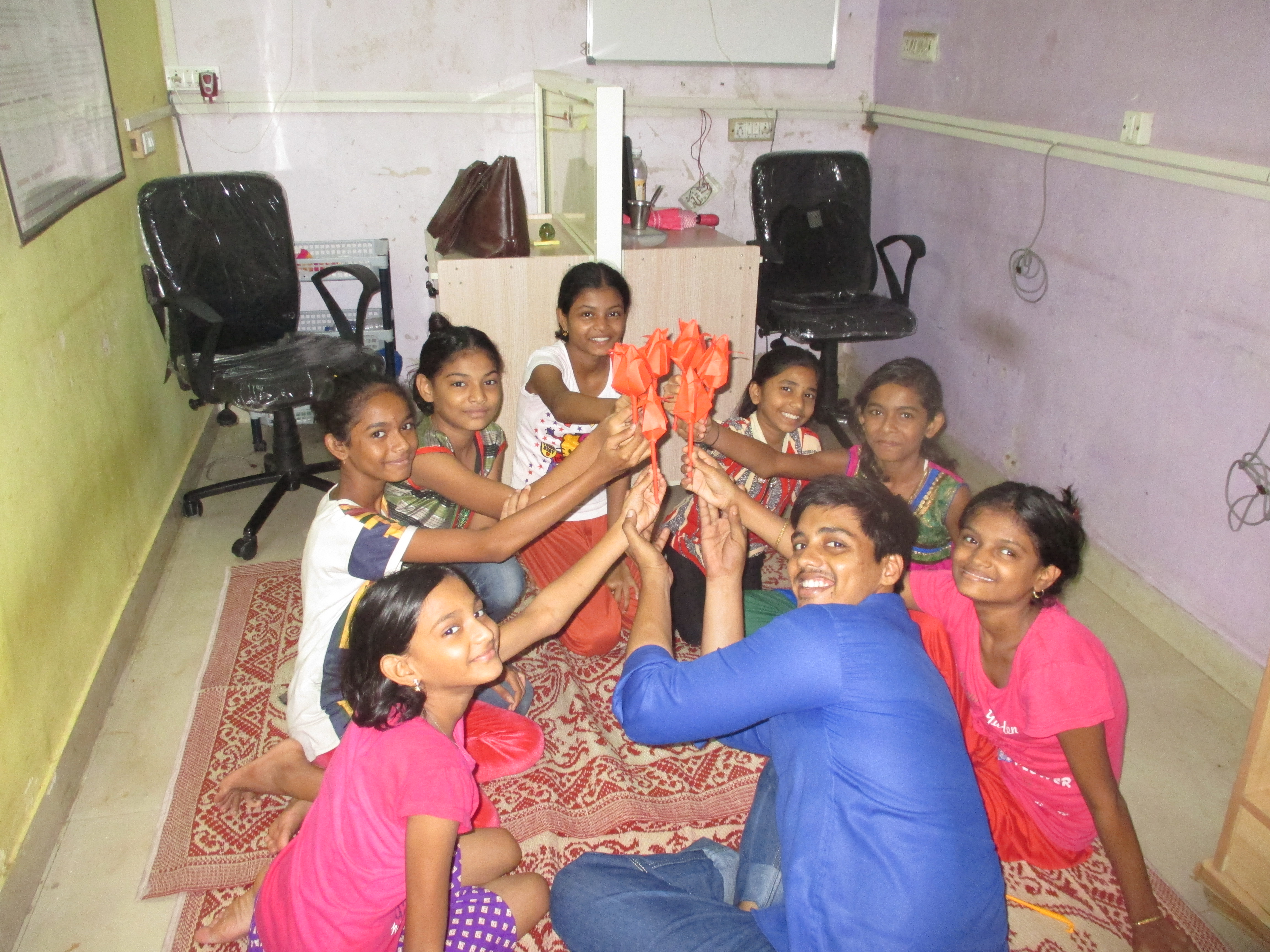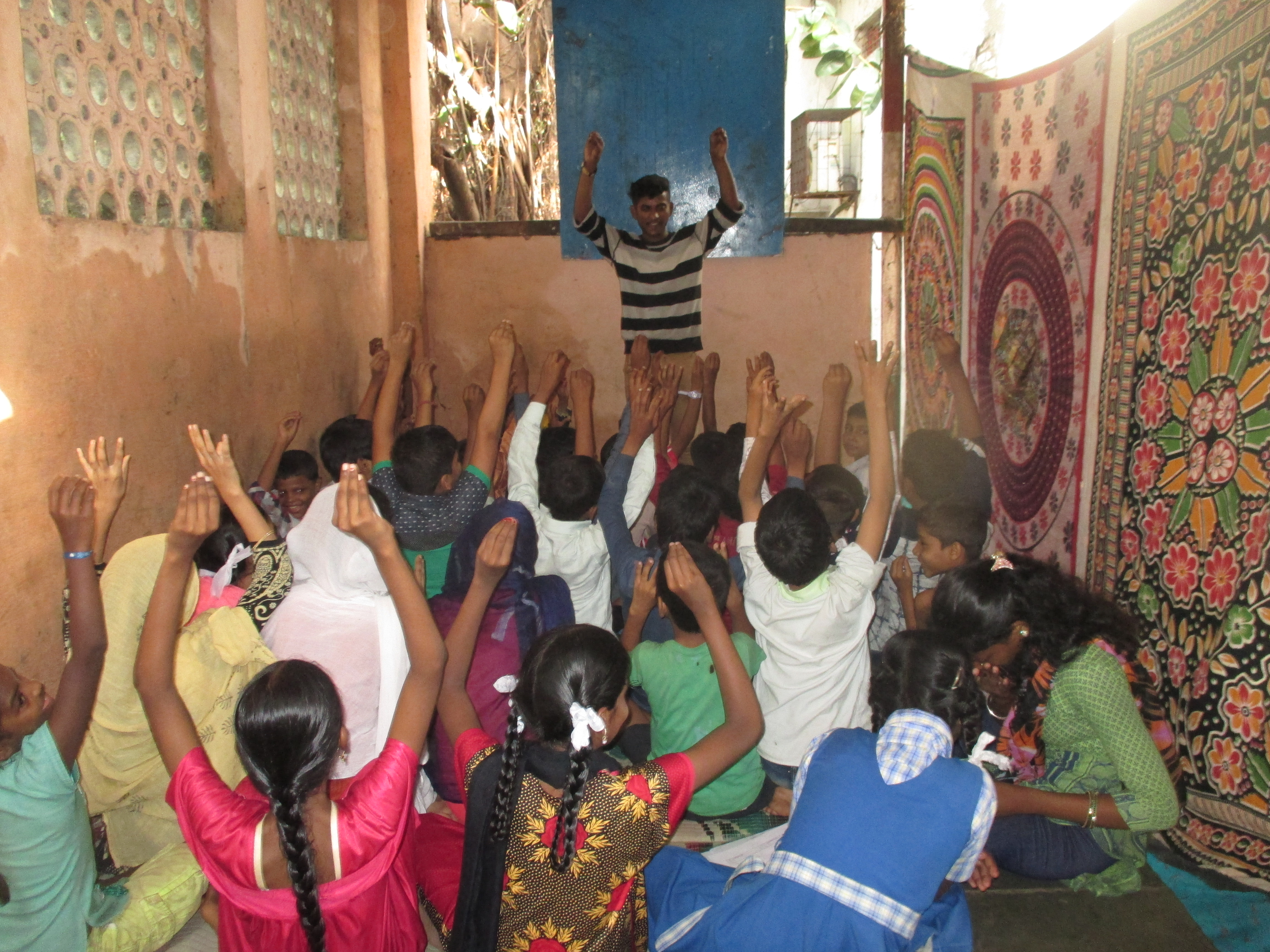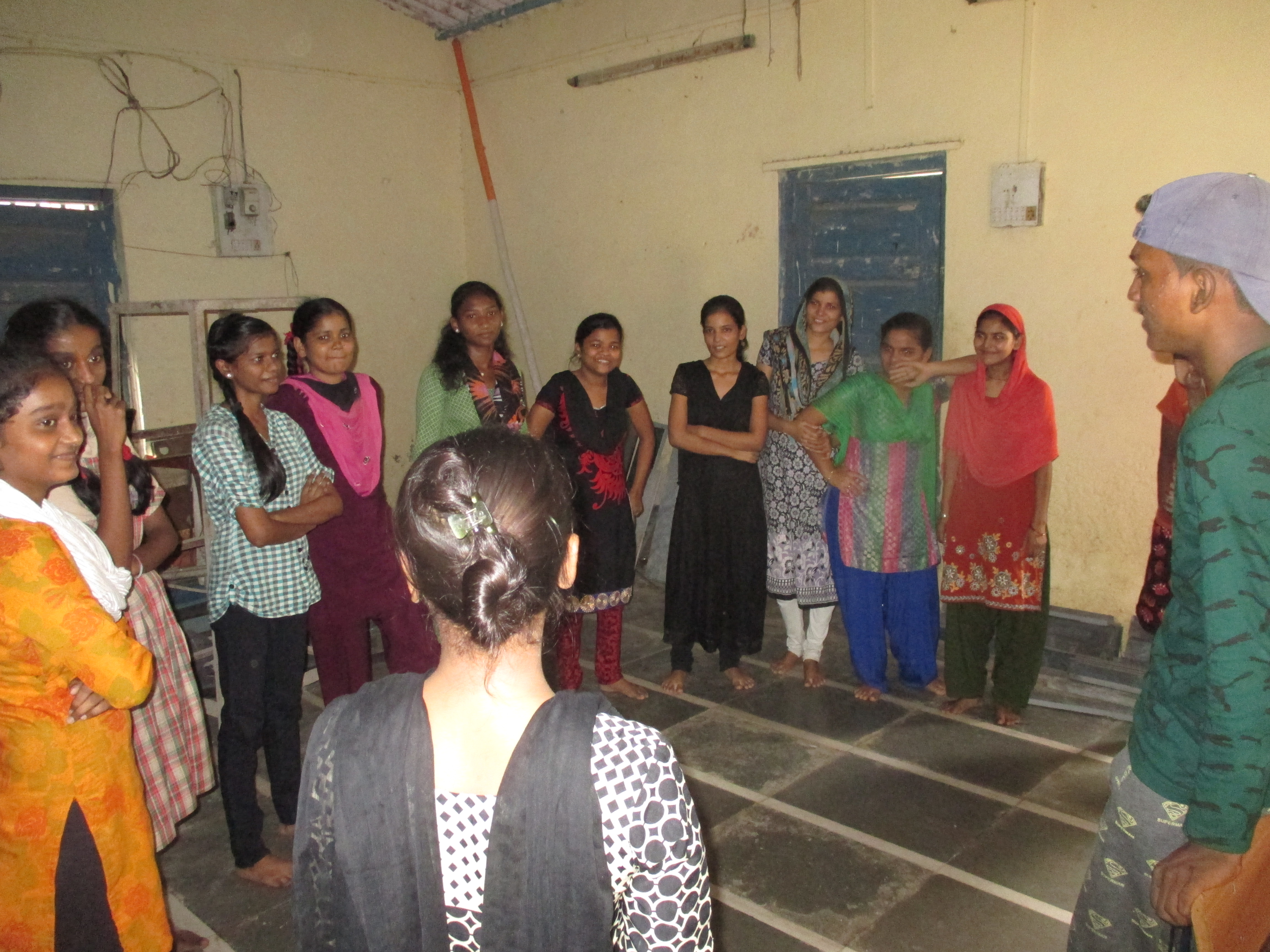How a Mumbai Girl Was Saved From a Child Marriage With the Help of an NGO & the Police
SNEHA uses a gender-transformative and participatory approach in engaging with adolescents. Shamolie Oberoi narrates a story of how it put a stop to an underage child wedding.


Madhuri is a 14 year old living in a shanty in Dharavi. She loves going to school and her favourite subjects are Science and English. However, she will no longer continue studying the subjects she loves, as her parents are looking to get her married soon.
India is home to a third of the world’s child brides. Though the Prohibition of Child Marriage Act, 2006 states that a girl in India cannot marry before the age of 18, about half of the girls in India are married before they reach the legal age. For boys, the legal age is 21. Significantly, according to the 2011 Census, 65% of all married children are female, reinforcing that girls are more disadvantaged in this regard.
The practice of child marriage in India is based in complex socio-religious traditions and economic factors. Whatever its origins, it is a grave human rights violation, scarring the child for life. Girls often cannot continue their education, leading to economic dependence on the husband. Sexual activity starts soon after marriage, leading to pregnancy and childbirth, which in turn results in high rates of maternal and infant mortality. Therefore, child marriage perpetuates a cycle of ill-health and poor inter-generational health outcomes.
According to UNICEF, not waiting till the appropriate, legal age for marriage has a severe impact on physical growth, emotional wellbeing and educational opportunities. It also continues the cycle of poverty, while perpetuating gender discrimination, illiteracy and malnutrition.
“Overcrowding, unsafe living conditions and lack of access to resources makes girls vulnerable to abuse and violence. The structural inequalities and societal legitimisation of violence render girls helpless with no control and agency over their decisions. They are often married off early on the pretext of giving them safe and secured space in the family. Instances like these are important for an organisation to intervene, explain and challenge norms that perpetuate these practices. This will instill fear and allow others in the community to follow the right practice”, says Dr. Nayreen Daruwalla, Director of SNEHA’S Prevention of Violence against Women and Children (PVWC) programme. Dr. Daruwalla was previously the director of the Empowerment, Health and Sexuality (EHSAS) programme.
You might also like: 250 Child Marriages Stopped in 4 Months – Youth in Assam Use Facebook & WhatsApp to Fight Back
The EHSAS programme works with youngsters between the ages of 10-19 in vulnerable slum communities. The aim is to equip these adolescents with the skills to enable them to make responsible choices about their health and sexuality. An exhaustive approach towards awareness of physical, reproductive and mental health is undertaken through group discussions, meetings, and awareness programmes.

One such discussion was held on the afternoon of 21st January this year, in Jai Bhim Nagar, Kalwa, by adolescent group facilitator, Anjali Waghmare. During the mobilisation process, some girls enrolled in the activity brought to Anjali’s attention that one of the participants was getting married on the same day. Her friends were attending the wedding; hence the group activity could not be implemented.
On receiving this information, Anjali reached the girl’s residence, where her mother said the marriage was to take place at 3 pm. Citing sexual harassment and elopement as reasons for the marriage, the mother remained obstinate.
The girl had been associated with EHSAS since September, 2016 – she did not express a strong opinion on her situation, and was willing to abide by any decision her parents took for her.
Anjali returned to the center and informed the Project Coordinator at Kalwa, Anjali Pore. Both the EHSAS and PVWC (Prevention of Violence against Women) teams were then roped in and involved. Counsellors and facilitators stepped in to help and the team notified the Kalwa Police Station. Meanwhile a written application was prepared for police help.
You might also like: Bihar Is Fighting Child Marriages with a Unique Project – Football Clubs for Girls!
It was already 2:30PM by the time the police were informed and the officers from the Crime Branch reached the wedding destination by 3PM. The parents had no legal proof of the girl’s age- they said she was 17, turning 18 next month. The officers explained to the girl’s parents about the legal complications of the wedding and that it could lead to their probable arrest.
The police also involved the groom’s brother and the priest in the discussion. After mutual agreement, it was declared that the girl would be married after turning 18. Formal statements from the girl’s father, the priest, and the boy’s father were recorded. The police sensitised the priest to check age proof of the bride and groom, whenever he conducted a wedding in the future.

With the help of the police, SNEHA was successful in halting an early marriage. “Prompt and timely action of police in coordination with NGOs has the potential to bring a stop to child marriage”, says EHSAS Kalwa Project Coordinator Anjali Pore.
SNEHA’s next challenge, however, lies in following up with the family members, and creating knowledge about the socio-legal implications of early marriage in the community.
SNEHA works extensively on adolescent sexual and reproductive health, conducting sessions and discussions on the same. Early marriage leads to premature sexual activity and early pregnancy, which have severe health consequences. We will work to raise awareness among parents and adolescents on the dangers of early marriage and empower adolescents to lead a healthy and responsible life.
To learn more about SNEHA and to donate, please visit the website.
Like this story? Or have something to share?
Write to us: [email protected]
Connect with us on Facebook and Twitter.
NEW: Click here to get positive news on WhatsApp!
If you found our stories insightful, informative, or even just enjoyable, we invite you to consider making a voluntary payment to support the work we do at The Better India. Your contribution helps us continue producing quality content that educates, inspires, and drives positive change.
Choose one of the payment options below for your contribution-
By paying for the stories you value, you directly contribute to sustaining our efforts focused on making a difference in the world. Together, let’s ensure that impactful stories continue to be told and shared, enriching lives and communities alike.
Thank you for your support. Here are some frequently asked questions you might find helpful to know why you are contributing?


This story made me
-
97
-
121
-
89
-
167











